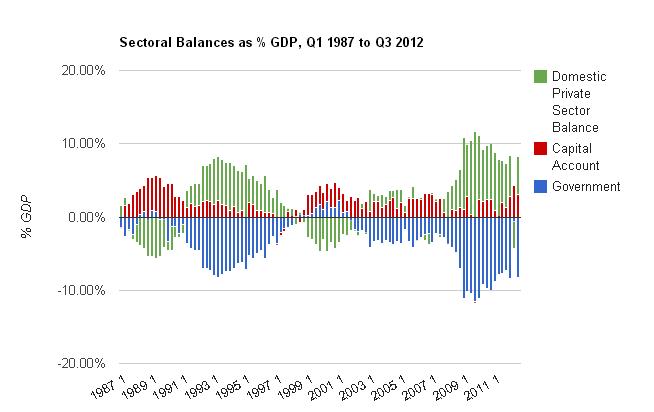‘Consolation philosophy’ understands the human being as a unity of feeling and reason, in a cosmos rich with primal emotion…
Here I offer a brief presentation of this African philosophical synthesis, which I hope will help to resolve the dilemma eloquently put forward in 1997 by professor of philosophy at Penn State University Robert Bernasconi: ‘Either African philosophy is so similar to Western philosophy that it makes no distinctive contribution and effectively disappears; or it is so different that its credentials to be genuine philosophy will always be in doubt.’...Presently, there is lively debate over the teaching of philosophy that involves viewing philosophy as traditionally Western or considering world philosophy. The status of "Indian philosophy" and "Chinese philosophy" is arguably part of the intellectual tradition of humanity, even though the methodology is different.
However, the case of African philosophy is different. Many Westerners doubt that anything good has come out of Africa, even though the ancient civilization of Egypt is the world's oldest. (China's civilization is the world oldest continuous civilization.) Others argue that Africa does have much to contribute and treating African thought in the context of the global intellectual tradition is not simply pandering to multiculturalism, as some charge.
My view is that the humanity's intellectual tradition extends far beyond the confines that academia has imposed on it through an arbitrary division of disciplines that that underappreciates the essential wholeness of the world system. This is true of many disciplines other than academic philosophy.
This article illustrates the author struggling with this conundrum in attempting to locate the African intellectual tradition.
Consolation philosophy is not only a philosophy of life, or meaning in life, but also a system of speculative metaphysics. Therefore, I extended the concept of mood to the external or mind-independent world at the risk of facing the charge of anthropomorphism. What epistemological framework could facilitate the projection of mind into the space of matter in a manner consequential for the reconciliation of freedom and determinism, emotion and reason, joy and sadness, optimism and pessimism? Panpsychism.Panpsychism is the most ancient philosophical position, with its roots in prehistory where thought becomes blurred in the mists of time. It is the basis of various forms of idealism in the Western intellectual tradition. Now not only philosophers but also psychologists and cognitive scientists are reconsidering this position as a viable explanation to address the deficiencies of "scientific materialism" as the best or only rational alternative to supernatural belief.
Why is this important? Because Africa is no longer the backwater it once was and it is posed to play an increasingly influential role in the world as it comes online and develops quickly throughout the coming years of this century. How Africans come to see themselves will be increasingly determinative historically, and there are a lot of factors and influences in play regarding this.
How this plays out will contribute to the world system in terms of a culture that is becoming increasingly globalized. The West is confident that Western culture will become dominant and so Westerners will continue to dominate through Western ideas and values, in addition to materially through organization and technology. That may turn out to be a hollow expectation as the rest of the world begins to catch up.
Of course, the powers that be in the West will do what is in their power to delay this and to direct it in the channels they desire so as to maintain and extend control, that may not be as possible as they anticipate. The Zeitgeist is on the move and a new world order is emerging.
Enter Africa.
Aeon
A truly African philosophy
Ada Agada | research fellow at the University of Calabar, Nigeria. and author of Existence and Consolation: Reinventing Ontology, Gnosis, and Values in African Philosophy
See also
Music leads the way culturally.
The evolution of Afrobeat and its impact on dance music
Jack Woodford













